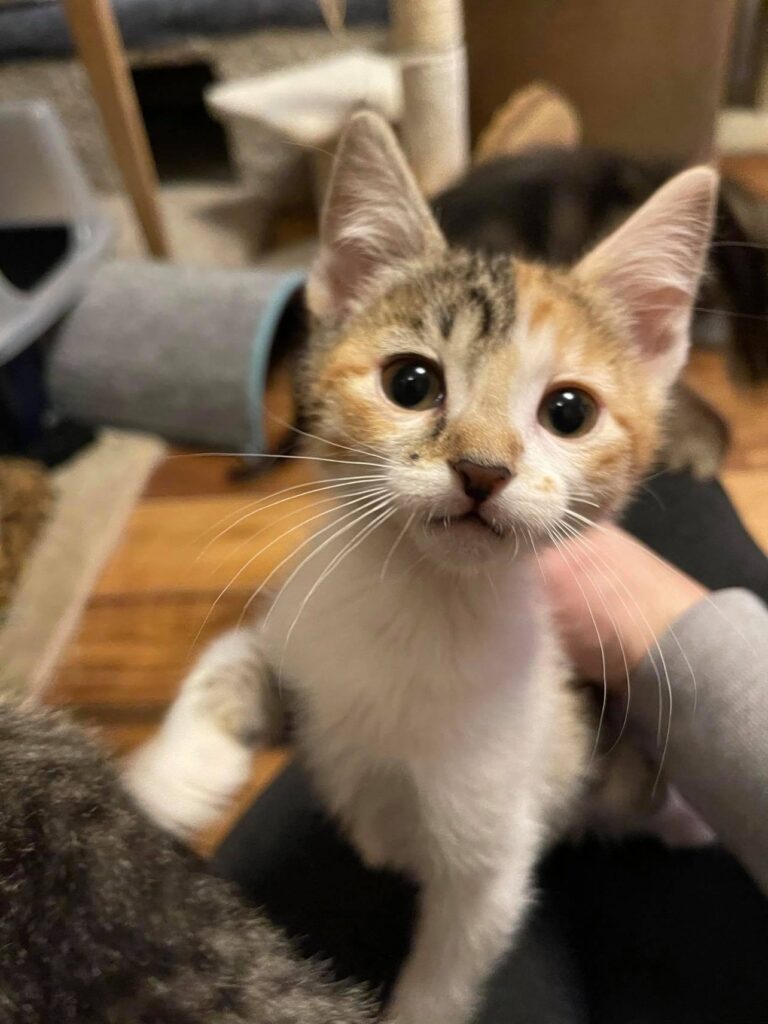Why Fostering?
Every year thousands of kittens are euthanized in animal shelters around the country. Newborn (neonatal) kittens are vulnerable and require constant care that most shelters cannot provide. These kitten’s only chance is to be taken in by a volunteer foster family. Once the kittens are big enough to live on their own, they can be spayed/neutered, vaccinated and adopted.
Fostering saves kittens’ lives.
What Do Fosters Do?
Foster parents give kittens a safe environment and monitor their health. They feed the kittens regularly and even help them go to the bathroom. Foster parents make sure their kittens stay clean and warm. Most importantly, they play with and love their kittens to set them up to one day be adopted.
Not all fosters work with the same types of kittens. Some foster young bottle babies, while others foster weaned kittens. Some fosters are experts at taking critical cases or working with animals with special needs. People even foster mother cats along with their babies. Depending on interests and availabilities, someone may focus on a certain type of fostering, but other fosters take all types of cases.
Curious About Fostering?
Contact our foster coordinator [email protected]. Please include your name, email, address and phone number. Let us know what type of fostering you are interested in, and if you have previous experience. We will respond within the week.
Photos of Fostered Kittens

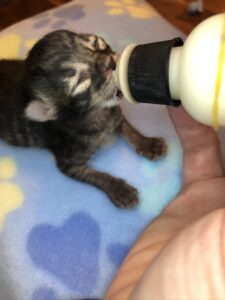



Responsibilities typically include:
Foster kittens will typically remain in your care until they are 8-10 weeks of age.
Daily Care
Feeding, weighing, and helping kittens go to the bathroom takes about 15 minutes. Neonatal kittens require feedings every 2-3 hours and monitoring, even overnight, but older kittens or kittens with mothers only need food a couple times a day. Older kittens also require play time and socialization.
When you are at work, older kittens can be left at home. Young kittens may need to come with you in a small carrier. They are non disruptive because they sleep all day, only waking up for you to feed and care for them. Some people foster together with their friends or family members to share the workload.
Other Time Commitments
Very little space is required to foster kittens. Kittens live in a small playpen or in a bathroom. Kittens need to be quarantined from other animals for the first 2 weeks. After this, they still need a home that will keep them separated from other pets when you are not supervising. You may want to move older kittens into a larger space, or bring them out to run around.
All medical care is paid for and provided by Kitten Central. Your responsibility is to bring them to and from appointments. Fosters may also be tasked with giving kittens oral or topical medication at home. Keeping careful track of a kitten’s growth is important to monitor their health. Fosters need to watch for lack of weight gain or other health concerns to bring up with medical staff.

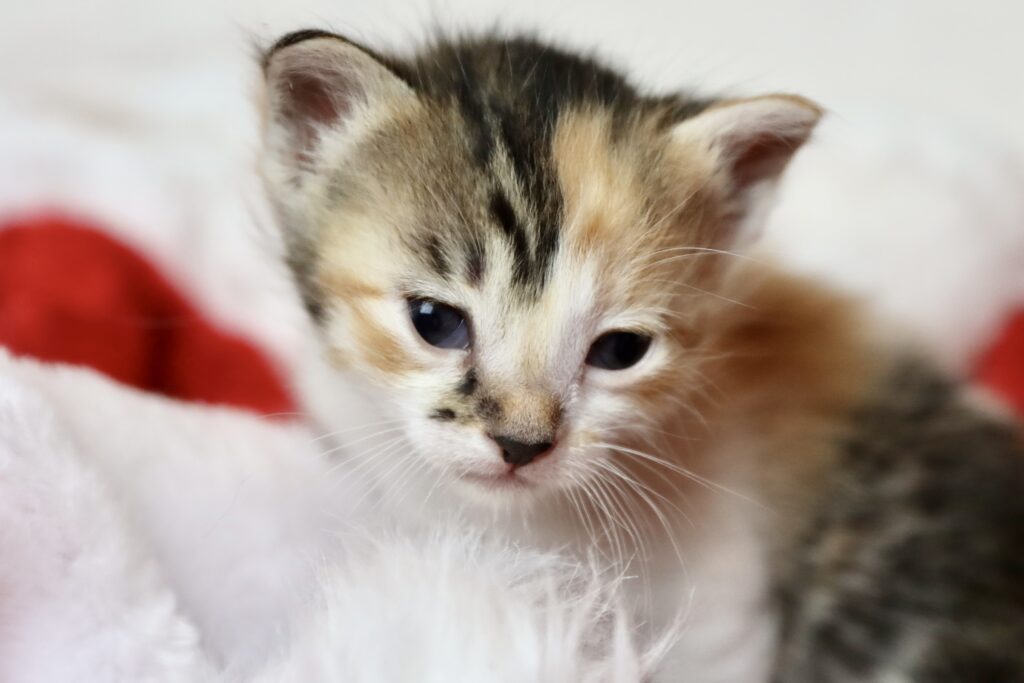

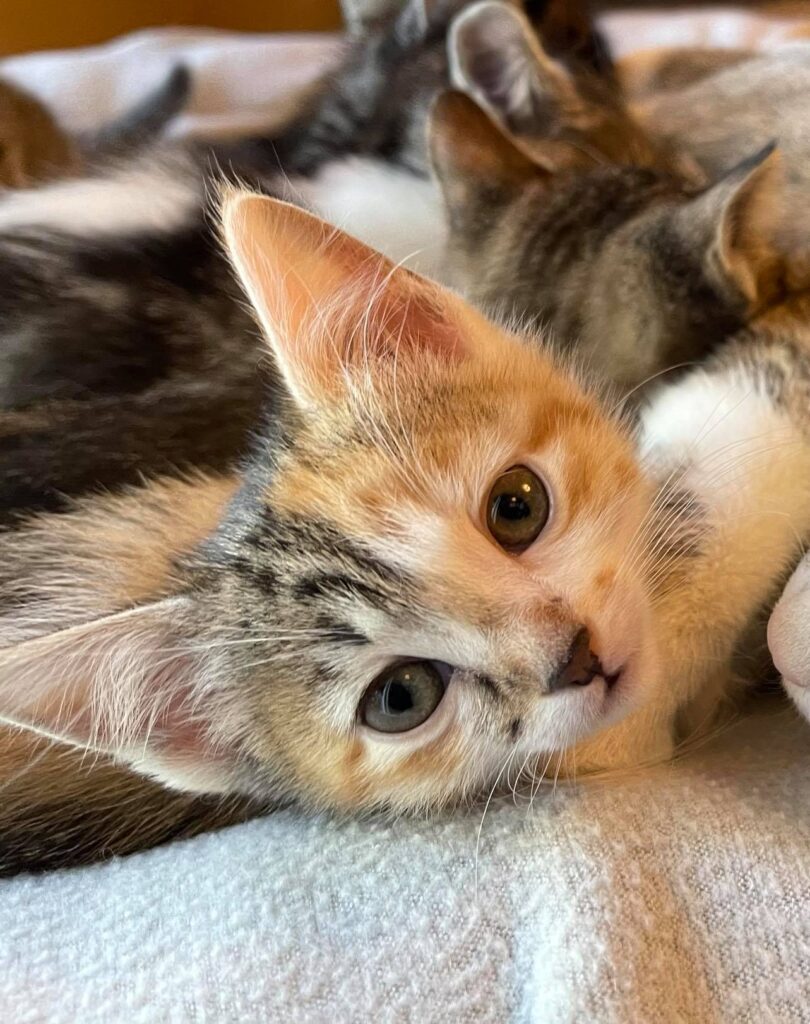
Kittens 0 – 5 weeks old. Fosters bottle feed kittens every few hours including overnight and stimulate them to use the bathroom. These kittens cannot be left alone for long periods of time. As such these kittens need to be brought to work with you or under the care of stay-at-home foster parents.
Older kittens can eat on their own and be left alone for longer periods of time. However, the weaning process can be messy and require many baths. Once weaned they require much less constant care. Foster parents should focus on playing with and socializing these kittens. This group is great for people just getting into fostering or who don’t have as much availability.
Mother cats do most of the work taking care of the babies. The foster’s job is to take care of mom and make sure her and the babies are doing well. If she is struggling the babies may require supplemental bottle feeding. This is another great group for new fosters, or fosters with less availability.
Kittens who have grown up on the street are often fearful of humans. Gaining their trust requires extra time are care. Some fosters specialize in socializing feral kittens and helping them grow to love human companionship.
Feral mothers with babies also need fosters, but require a much different environment than socialized mothers. Extreme caution needs to be used when interacting with these cats, but most of the time they should be left alone in a quiet environment.
Kittens with birth defects, long term medical conditions, or infections like ringworm require extra, specialized care. Fosters may only work with only one type of special need, or open their homes to all kinds of kittens in need of extra TLC. These fosters work with regular kittens, but are also willing to take on more challenging cases.
Experienced fosters or medical professionals take home the most fragile babies. They work incredibly hard providing medical care to keep sick kittens alive. For weak frail kittens, these superhero fosters are the difference between life and death.
Fosters spend months caring for their kittens and watching them grow. When the time comes these kittens will need to graduate and move off to become other people’s treasured family members. Foster parents must be able to let go and wish their kittens well on their journey. Fostering kittens is about saving lives. Without empty foster homes, future litters will have nowhere to go. Saying goodbye to one litter is what will allow you to open your home up to the next set of kittens in need. (And we promise this litter will be charming, playful, and adorable too.)
Foster parents are vital to saving the lives of young kittens. We could not do it without our foster parents.
If you would like to give fostering a try contact [email protected]. Please include your name email address and phone number. Let us know what kind of population you are interested in fostering and if you have previous experience.
Thank YOU for helping us help the most vulnerable kittens.
